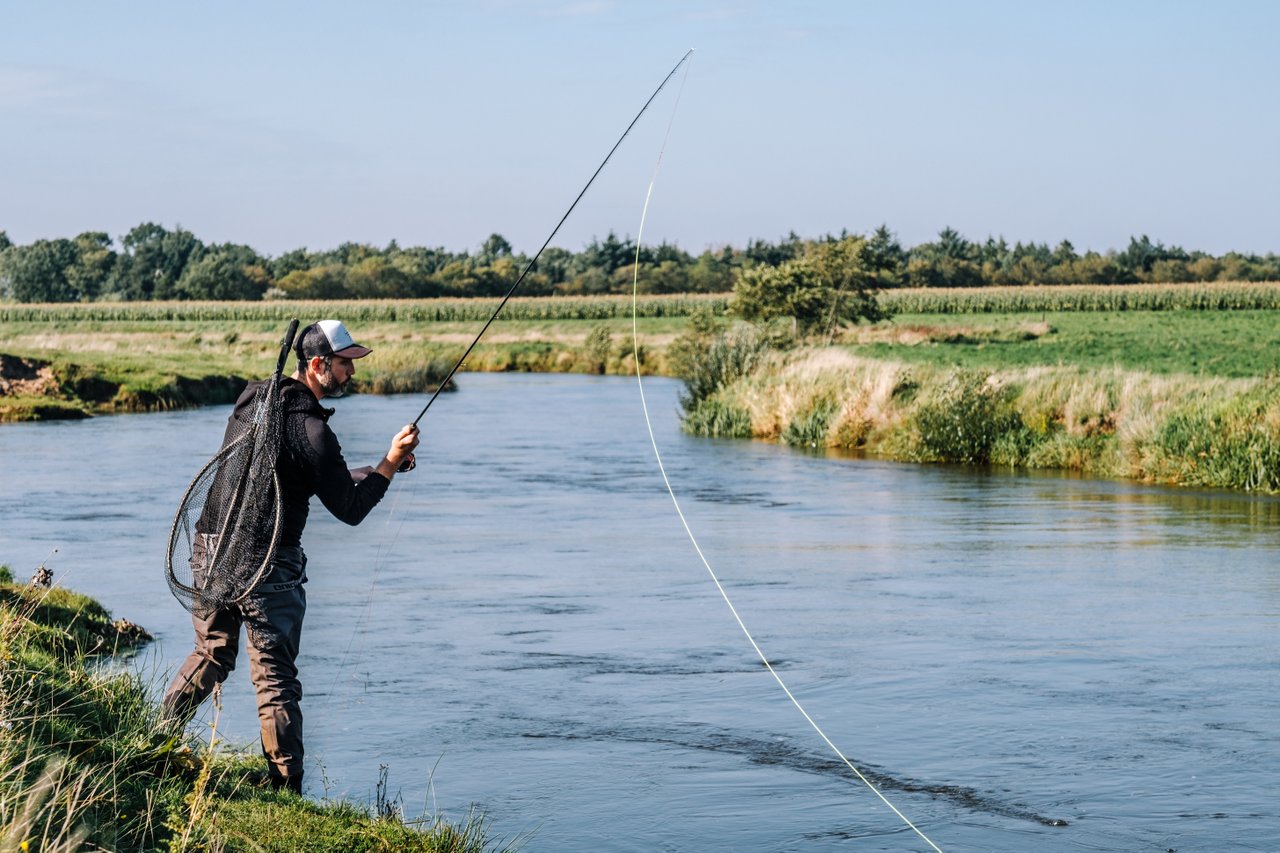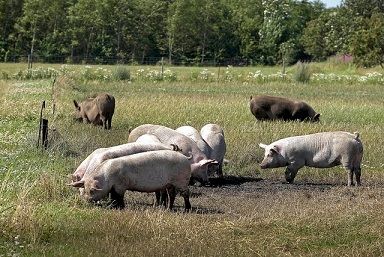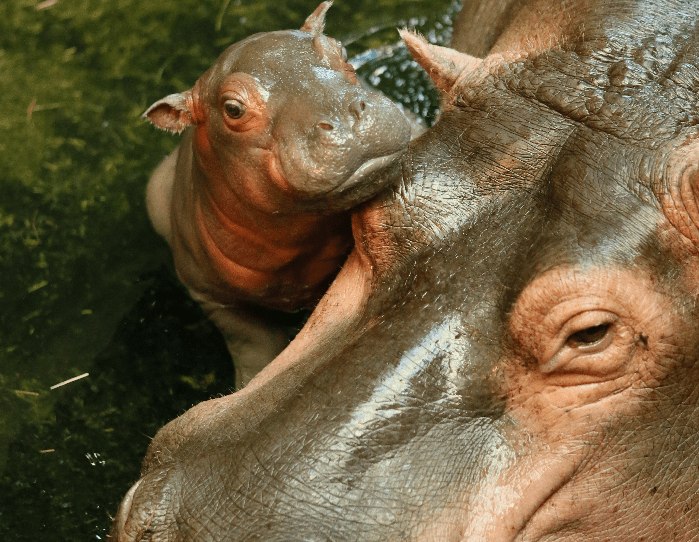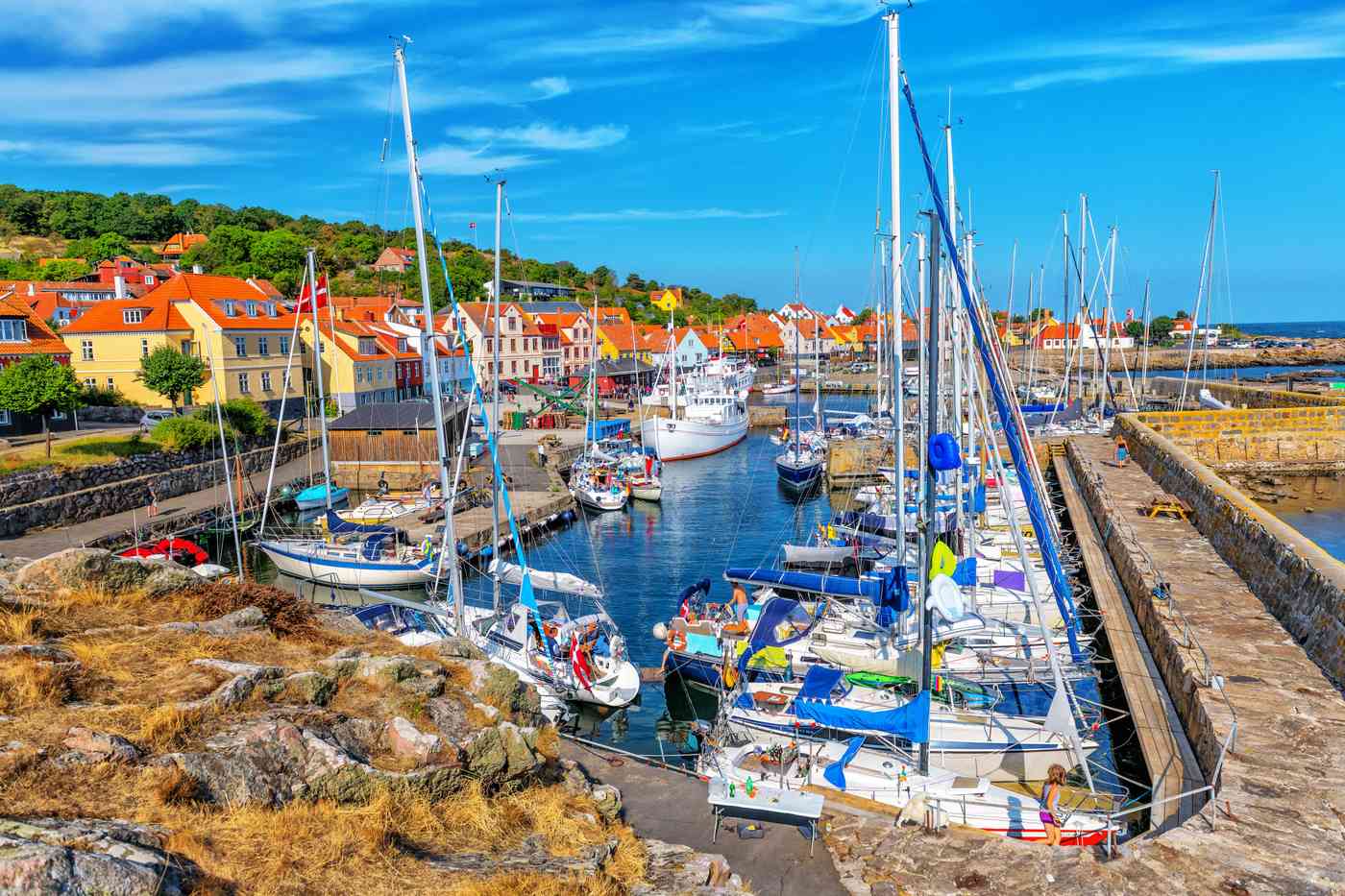Denmark ranked fifth in the OECD for cited research from 2012-16 according to annual research barometer review Forskningsbarometer 2017, which is published by the Education and Research Ministry.
A fifth of Danish publications rank among the 10 percent most cited in the OECD with particular success within humanities and social science. Only Switzerland can rival that potency.
And in terms of research productivity per capita, Denmark placed third in the OECD from 2012-2016, behind only Switzerland and Iceland.
Fudging the figures
However, maybe they should hold off from the champagne, because a Politiken Research survey of 1,200 researchers who do government work revealed that 8 percent have seen their final report altered, often through omissions.
Some 13 percent said they had experienced the research project parameters being skewed in such a way that it was only possible to reach the politically desirable conclusion.
Berlingske recently revealed that researchers at Aarhus University were pressured when they were due to deliver a report on nitrates in agriculture to the Environment and Food Ministry.
Bathing, praying, playing
So we’re not too sure how much we can trust the last four weeks’ worth of research results, which includes findings regarding activities, customs, fluids, and disease and allergy prevention.
First off, there are now 40,000 registered members at winter bathing clubs, and concerns have been raised about the stress of diving into freezing water, despite obvious benefits. Researchers at Rigshospitalet, though, are confident that the body can instinctively recover from the stress.
Children are more responsive to greenery than previously assumed, according to a Roskilde University study. When four-year-olds were asked to photograph things that made them happy, they predominantly chose bushes, flowers and trees.
Religious people are less likely to commit suicide, reports the University of Southern Denmark, which attributed the finding to the worshippers’ clear meaning of life and sense of community.
And female musicians are far more healthy than their male counterparts, according to a research project. They smoke and drink less than the norm, eat more fruit and veg and are more active in their leisure time.
Additionally, certain types of music – including heavy metal, hip-hop, rap and some kinds of jazz – tended to have a higher mortality rate.
Alcohol fights back
Alcohol can be good for the brain, according to the University of Copenhagen, as small amounts help to clean it.
It also helps to remove waste matter, including substances connected to Alzheimer’s Disease, which Aarhus University researchers believe they may have developed a treatment for.
And in related news, DTU researchers have managed to convert lactose obtained from the whey left over from milk production into ethanol. The researchers have patented their technology and founded a new company called Alcowhey.
Not allergic to success
And finally, researchers from Aarhus University have made what could be two significant breakthroughs.
One team has discovered a new antibody that could prevent reactions in patients who come into contact with allergy-triggering pollen, food and animals – of all varieties in fact.
And another has devised a method of identifying bacteria that is 1,000 times faster than existing procedures, which could lead to the creation of a complete ‘tree of life’ that includes all types of bacteria and other microorganisms.













